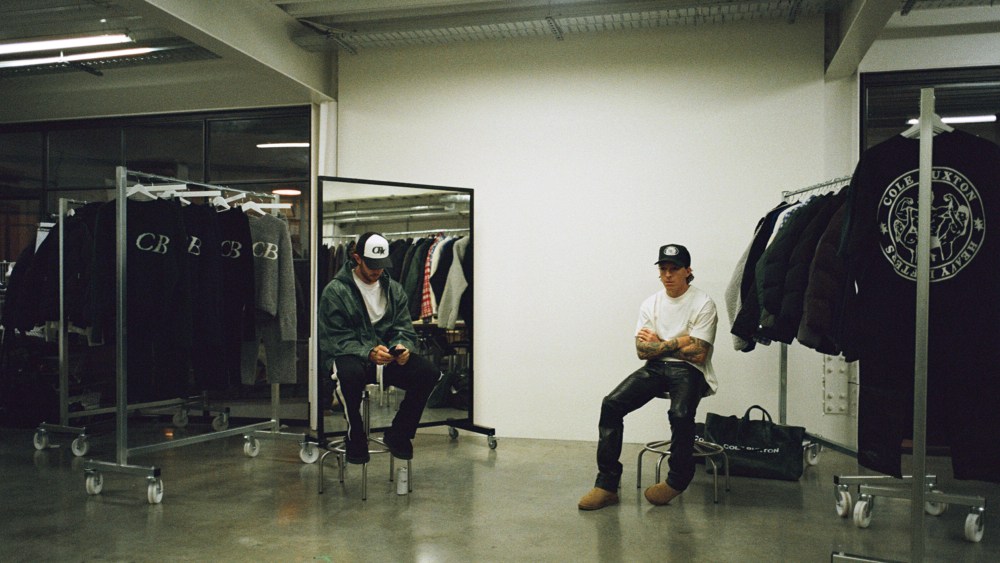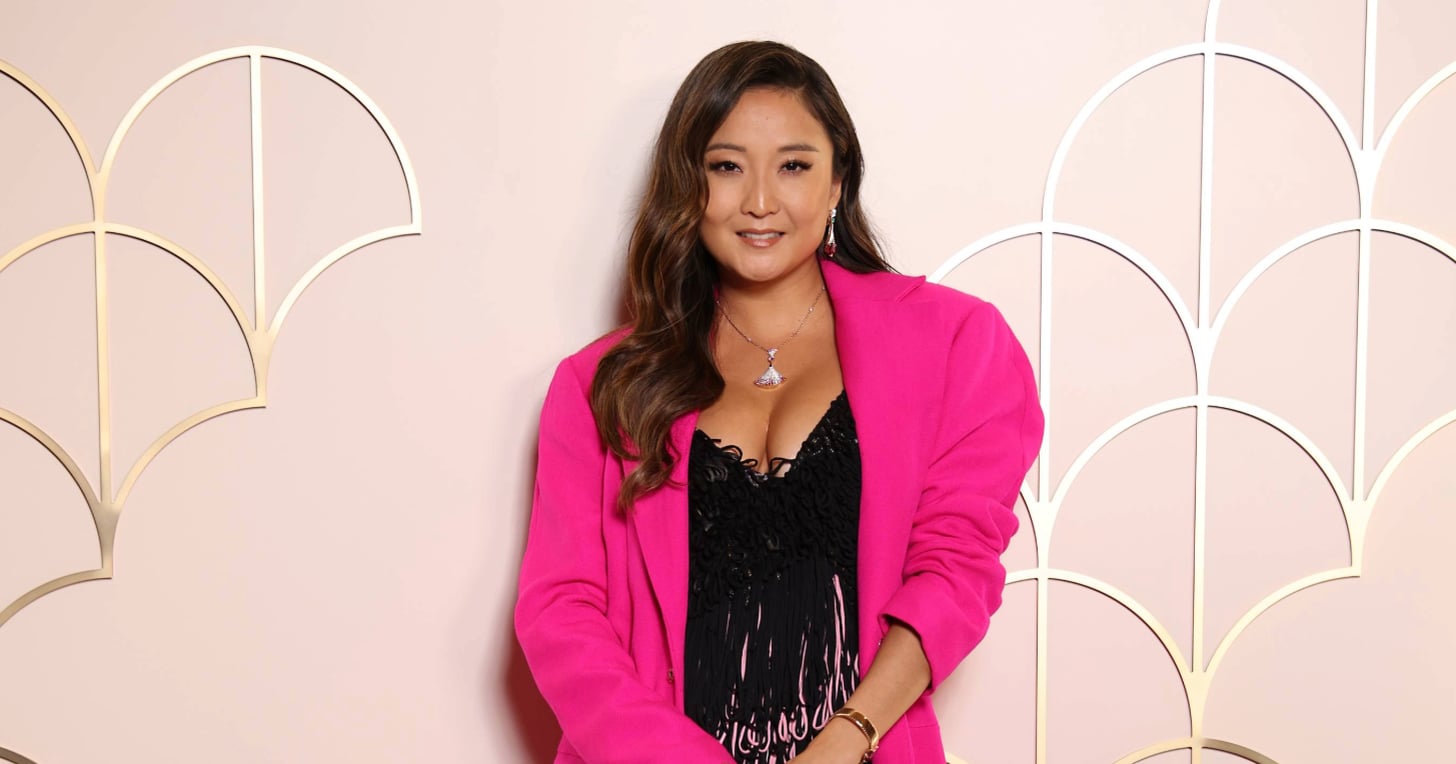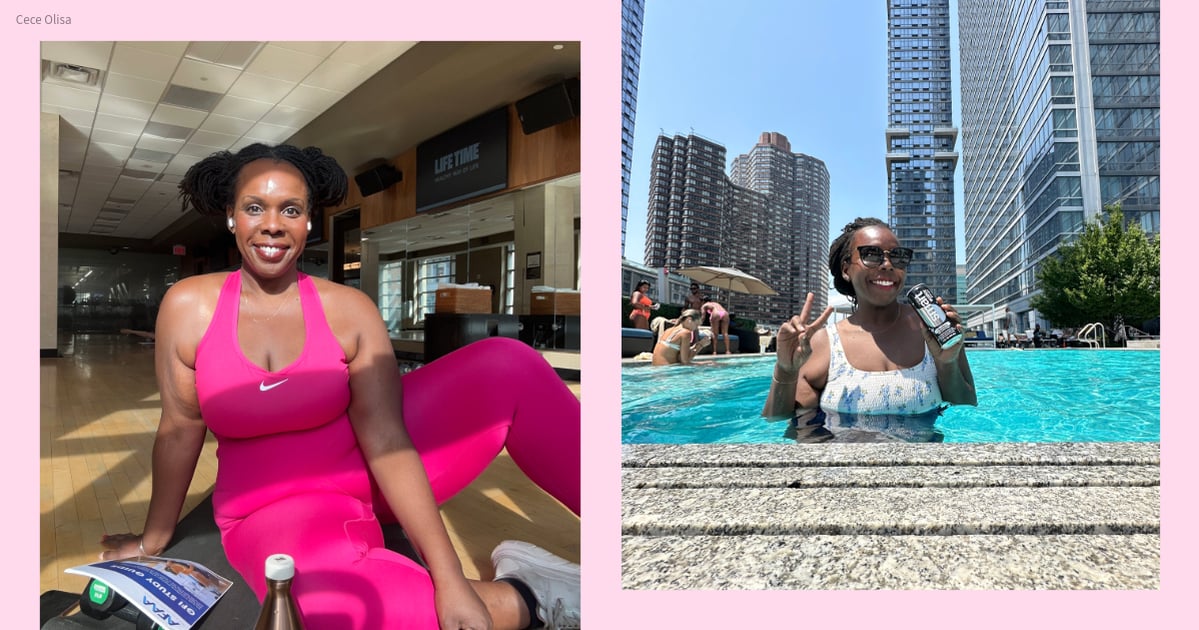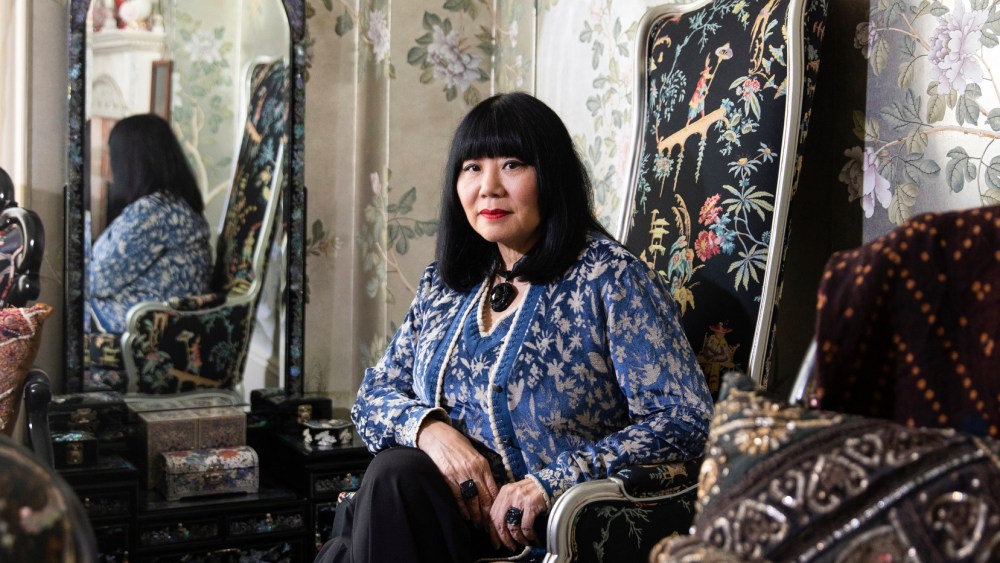Cole Buxton, a London-based fashion brand offering quality logo sweatshirts and wardrobe essentials, is setting its sights on the next chapter after 10 years in the business.
The brand is among a new cohort of players in the men’s fashion market that has managed to stay profitable and expand its offering amid a challenging retail climate where the aftermath of the COVID-19 pandemic and the cost of living crisis in the U.K. have driven brands like Vampire’s Wife, Christopher Kane and Julien Macdonald out of business.
In 2022, the brand opened its first physical store in central London’s busy shopping destination Carnaby. It soon became one of Soho’s must-visit spots alongside End, Palace, Stüssy and Supreme.

The brand, which counts the U.K., the U.S., Australia, Germany and Canada as its main direct-to-consumer markets, last year entered the wholesale business, setting up a showroom in Paris.
You May Also Like
According to brand founder Cole Buxton, who studied performance sportswear design at Falmouth University and is often inspired by his well-dressed friends, the reception from buyers has been positive. It picked up more than 20 stores worldwide, including Harrods, De Bijenkorf, Brown Thomas, Beymen, Eraldo, Kadewe, Selfridges, Flannels, Bloomingdale’s Dubai and Harvey Nichols in Doha and Dubai.
Buxton believes buyers are attracted to the brand because it maintains its pricing architecture while many of its competitors are raising prices due to inflation. A Cole Buxton logo T-shirt is 85 pounds, a track jacket is priced at 195 pounds and an embroidered racing cap is 60 pounds.
He pointed to a leather jacket from the spring 2025 collection and said, “We have to think about our roots and where we’re from and the kind of customers that we already sell to. For a leather jacket that should probably sell for 5,000 pounds for how much it costs to make, we sell it for a lot less than it should be. When we told the buyers the price, they went: ‘Holy s–t, that should be three times more than that.’”
He argued that if he were to begin selling significantly higher-priced products, it would harm the brand’s image.
“If we release one hoodie that’s supposed to be super-premium, and make it double the price of the core one, does that suggest to people that the core ones are not that good? Every brand is marking things up way too high. I learned this from the buyers this year. But the reality is that people aren’t stupid. There’s no need to be selling a T-shirt for 500 pounds,” added Buxton.

The designer, who is from Derby, England, thinks luxury does not have to equal high price, instead, it should stand for “drape, silhouette, attention to detail and quality.”
“We are stocked in some of the best stores in the world now. You can put our hoodie next to any luxury hoodie. The quality is the same and we sell at a quarter of the luxury price. We’re just being real. We have always been very open with our community. They know we are from working-class backgrounds,” Buxton said.
Full transparency is a key reason the brand has been able to form a close tie with its community. It has released a series of hourlong documentaries on YouTube detailing how the brand navigated dire situations and came out stronger than before. For example, in 2021 the brand operated at a loss because a supplier “really screwed us over,” according to Buxton.
But overall, the brand was able to continue to operate and deliver during the pandemic as it took a gamble and imported a large amount of raw material at the beginning of the health crisis — knowing the global supply chain would be disrupted — so that the company could manufacture locally in the U.K., where factories stayed open, while China and Italy were experiencing different levels of lockdowns.

The designer said with wholesale and category expansion in the works, the brand is preparing to enter “Cole Buxton 2.0.”
“Ever since we started doing showrooms in Paris, everything became a lot clearer because now we’re designing collections, whereas before, we just designed piece by piece. For the first few years, all we had was a hoodie, a T-shirt and sweatpants,” Buxton said.
In addition to larger, more diverse collections, the brand launched an eyewear collaboration with the London-based label Lexxola.
Last December, the label also introduced Wilson, its first foray into footwear. The minimal-looking sneaker model is named after the brand’s cofounder Jonny Wilson, who joined the business in 2017 and now serves as chief executive officer.
Later in the summer, Cole Buxton is set to unveil its second shoe style, a pair of mules, ideal for a seamless transition between a beach and a house party under the Mediterranean sun.
“The mule was one that we started designing at the same time as the sneaker, it’s taken a bit longer to get there. I’m more excited about the mule because it’s more to my taste level,” said Buxton, adding that an even broader range of footwear models is currently being developed.
Buxton said the brand is also open to collaborations. Top of his dream list includes furniture designers, guitar brands, or “something a bit more outside the box and interesting.”

Taking additional financial backing, however, is not on the horizon.
“As long as Jonny and I are running it, we want total control,” Buxton said. “I’ve never really been interested in the idea of working for anybody else. I guess the time will come when we need to make that decision. But honestly, I think that’ll be the time when I step away. I am very happy with where we are now and the growth we’ve had independently. We’ve done it the long slow way for a reason.”



